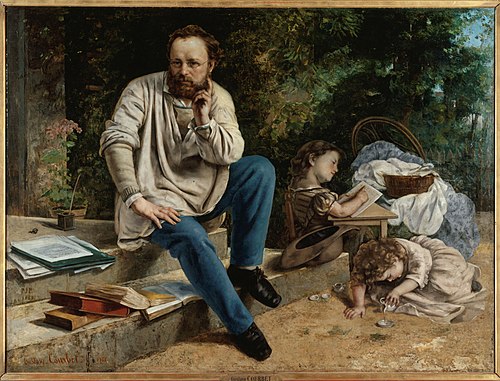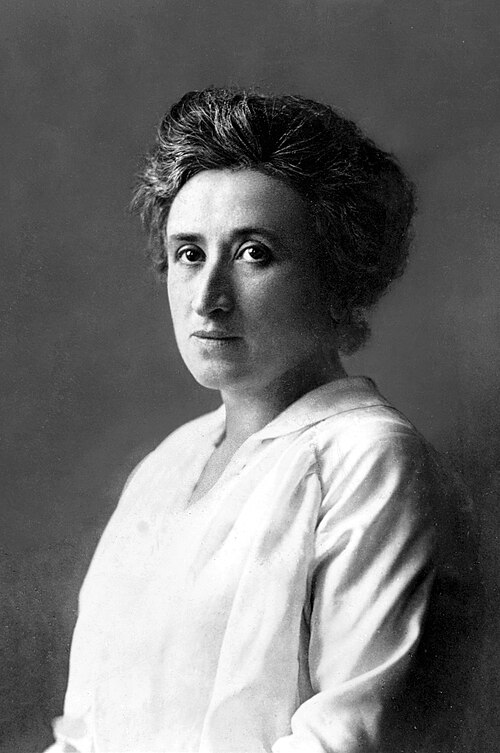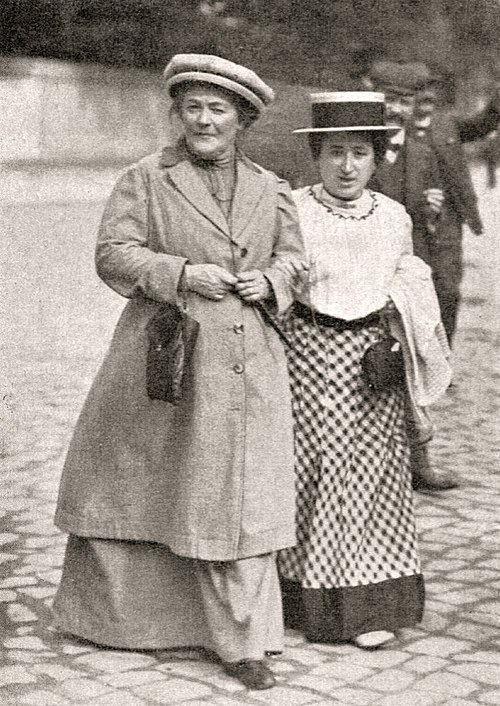Democracynoun
(uncountable) Rule by the people, especially as a form of government; either directly or through elected representatives (representative democracy).
Democracynoun
A government under the direct or representative rule of the people of its jurisdiction.
Democracynoun
(uncountable) Belief in political freedom and equality; the "spirit of democracy".
Democracynoun
Government by the people; a form of government in which the supreme power is retained and directly exercised by the people.
Democracynoun
Government by popular representation; a form of government in which the supreme power is retained by the people, but is indirectly exercised through a system of representation and delegated authority periodically renewed; a constitutional representative government; a republic.
Democracynoun
Collectively, the people, regarded as the source of government.
Democracynoun
The principles and policy of the Democratic party, so called.
Democracynoun
the political orientation of those who favor government by the people or by their elected representatives
Democracynoun
a political system in which the supreme power lies in a body of citizens who can elect people to represent them
Democracynoun
the doctrine that the numerical majority of an organized group can make decisions binding on the whole group
Democracy
Democracy (Greek: δημοκρατία, dēmokratiā, from dēmos 'people' and kratos 'rule') refers to a form of government in which the people either have the authority to choose their governing legislators, or the authority to decide on legislation. Who is considered part of the people and how authority is shared among or delegated by the people has changed over time and at different speeds in different countries, but more and more of the inhabitants of countries have generally been included.
Socialismnoun
Any of various economic and political theories advocating collective or governmental ownership and administration of the means of production and distribution of goods.
Socialismnoun
A system of social and economic equality in which there is no private property.
Socialismnoun
A system or condition of society in which the means of production are owned and controlled by the state.
Socialismnoun
(Marxism) The intermediate phase of social development between capitalism and full communism in Marxist theory in which the state has control of the means of production.
Socialismnoun
Any of a group of later political philosophies such democratic socialism and social democracy which do not envisage the need for full state ownership of the means of production nor transition to full communism, and which are typically based on principles of community decision making, social equality and the avoidance of economic and social exclusion, with economic policy giving first preference to community goals over individual ones.
Socialismnoun
Any left-wing ideology, government regulations, or policies promoting a welfare state, nationalisation, etc.
Socialismnoun
A theory or system of social reform which contemplates a complete reconstruction of society, with a more just and equitable distribution of property and labor. In popular usage, the term is often employed to indicate any lawless, revolutionary social scheme. See Communism, Fourierism, Saint-Simonianism, forms of socialism.
Socialismnoun
a political theory advocating state ownership of industry
Socialismnoun
an economic system based on state ownership of capital
Socialism
Socialism is a political, social, and economic philosophy encompassing a range of economic and social systems characterised by social ownership of the means of production. It includes the political theories and movements associated with such systems.































